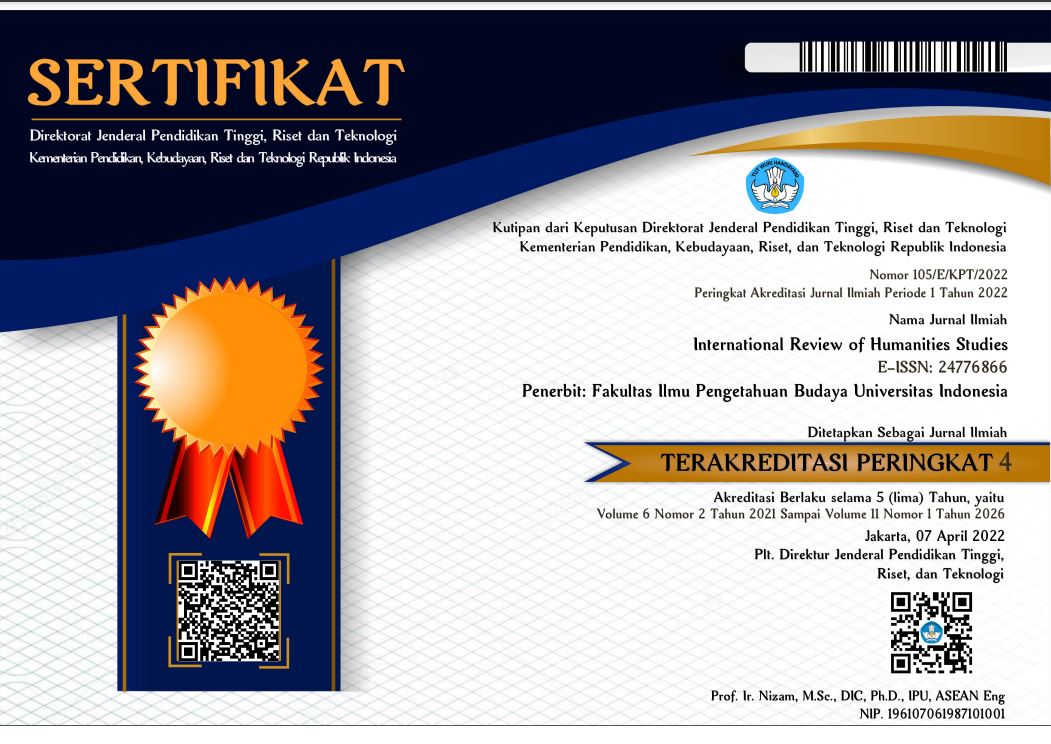International Review of Humanities Studies

Abstract
The 21st Century is marked with the development society that has close relationships with microelectronics network, network society. According to Manuell Castells, the network society is a society using microelectronic network as the basis of its activity. In this study, researchers sought to formulate a paradigm of network librarianship by building a common ontology which is then reflected by Manuel Castells network society theory. This study used a qualitative approach with philosophical approach. Documents are used for collecting the data and analysis. Researchers used hermeneutics approach by Hans Georg Gadamer. Research results showed that the unique characteristics of the network society found by Manuel Castells. As we known, the evolution chain of society had a serious implication for human being. Librarianship need to evaluate and rethink their based scientific paradigm to seek information phenomena being, especially for 21st century.
References
Castells, M. (2012). Networks of outrage and hope: Social movements in the Internet age. Cambridge: Polity.
CILIP (Chartered Institute of Library and Information Professionals). (2015). Vision and mission. April 10, 2016. Available at http://www.cilip.org.uk/about/vision-mission
Copenhagen Conference. (1999). Public Libraries and the Information Society. June 1, 2016. Available at http://ipk.nkp.cz/docs/copenhagen-declaration.
Ermine, W. (1995) Aboriginal Epistemology. In M. Battiste & J Barman (Eds.). First Nations Education in Canada: The Circle Unfolds. Vancouver: UBC Press.
Gorman, Michael. (1994). Five New Laws of Librarianship. March 4, 2016. Available at:
http://wiki.lib.sun.ac.za/images/1/17/Michael_Gorman__Five_new_laws_of_librarianship.pdf
Recommended Citation
A.M., Karim and laksmi, laksmi LA
(2019)
"NETWORK LIBRARIANSHIP PARADIGM: BASED ON NETWORK SOCIETY THEORY,"
International Review of Humanities Studies: Vol. 4:
No.
1, Article 4.
Available at:
https://scholarhub.ui.ac.id/irhs/vol4/iss1/4


